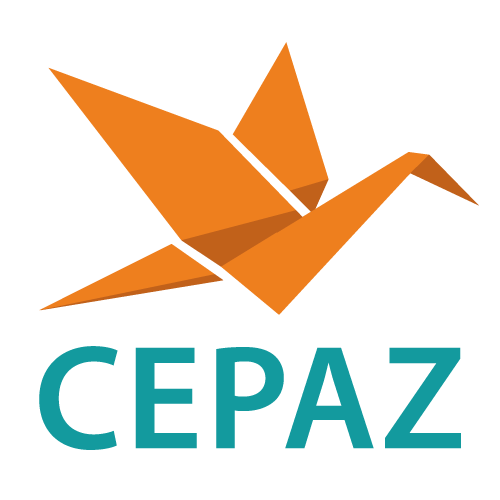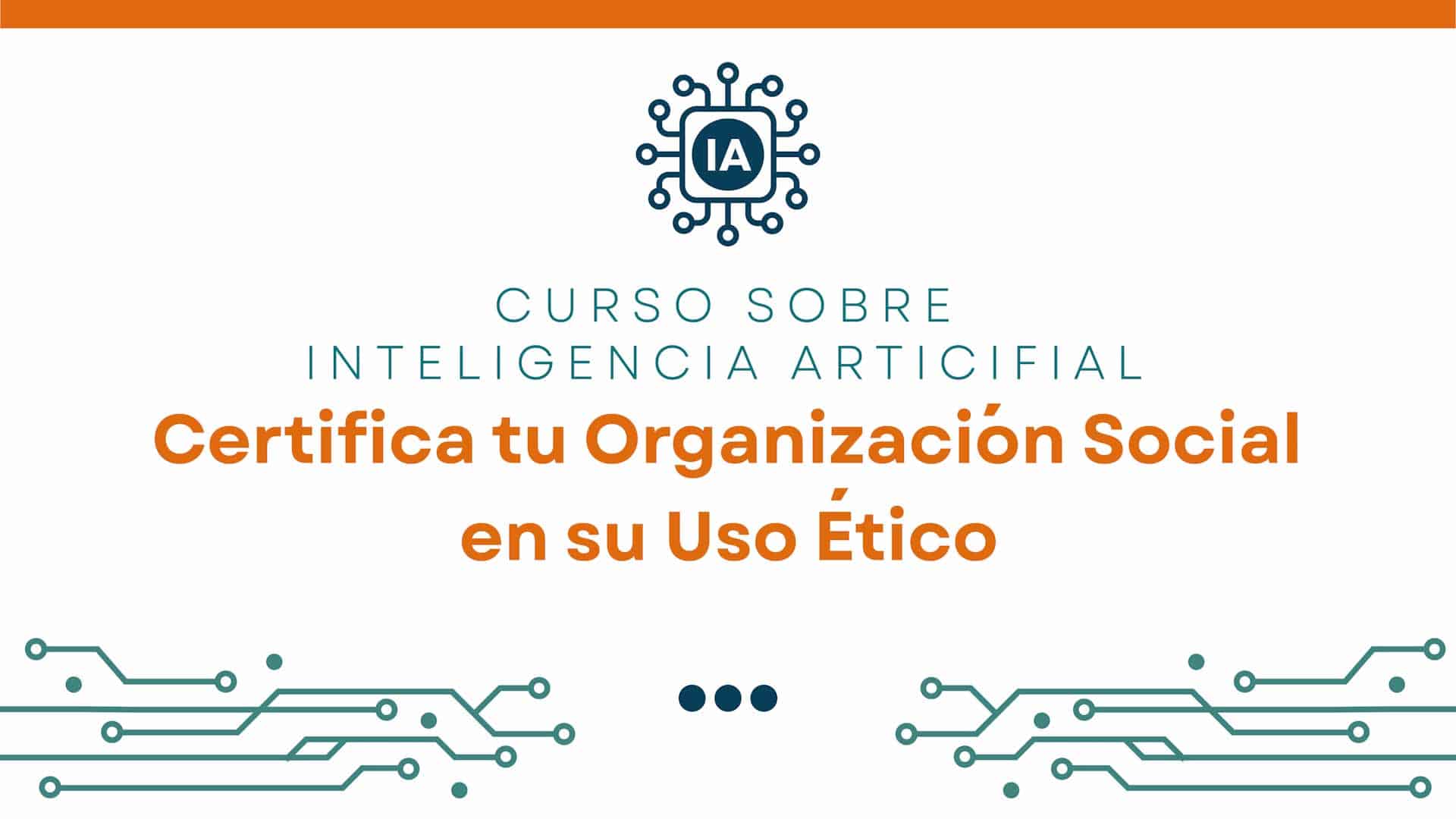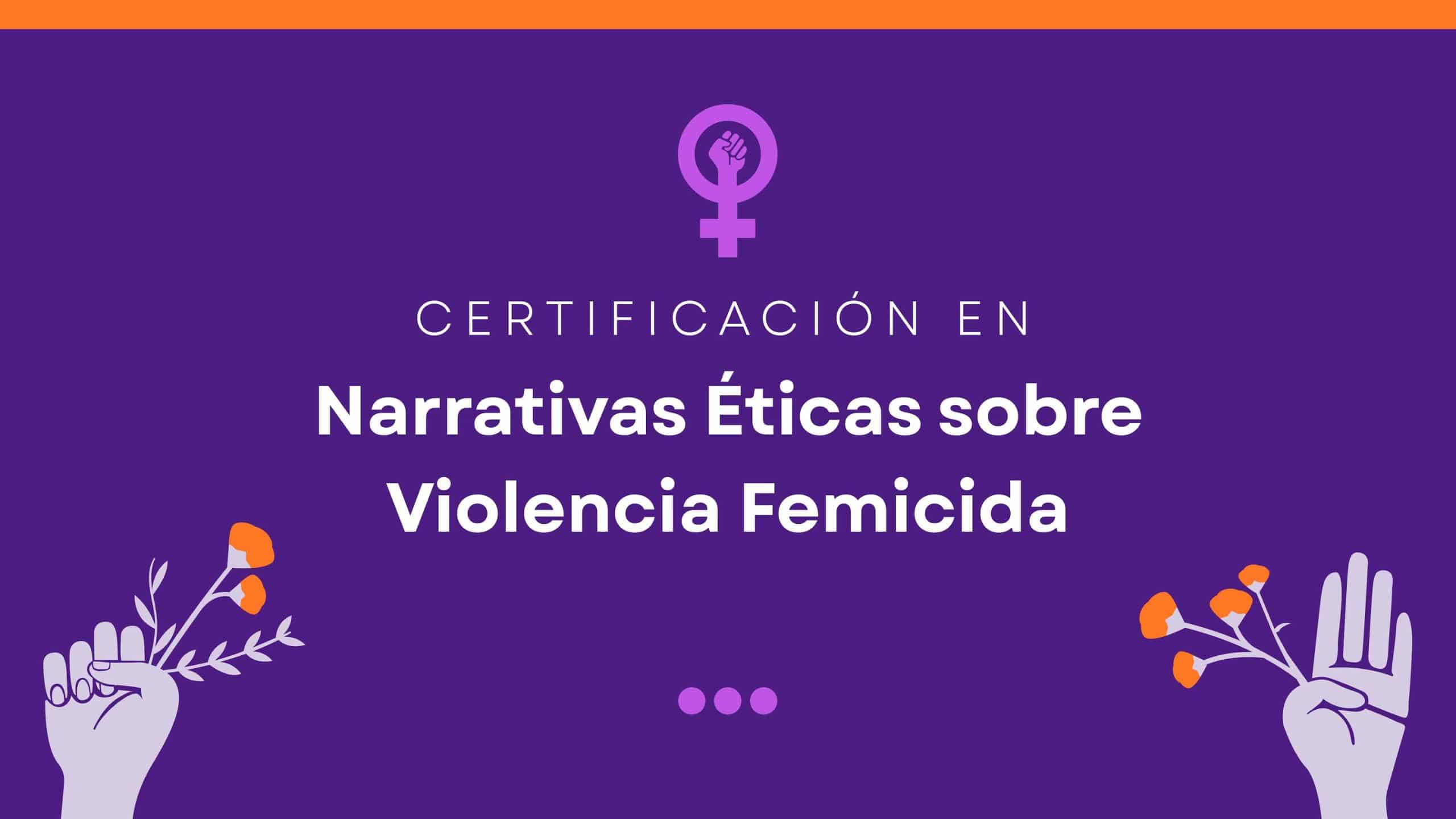Venezuela is immersed in a Complex Humanitarian Emergency that impedes, among other rights, access to drinking water and sanitation. The country has more natural fresh surface water resources than necessary to supply all its population of close to 32 million people. However, the dismantling of the entire institutional and physical structure of the sector has compromised the quality of the sources of supply, the treatment and purification of water, distribution, sanitation and health, hydroelectric production, even the very reduced industrial and food production the country has today: in short, it is endangering the lives of Venezuelans in all areas.
What is the right to water?
The human right to clean drinking water includes access, for each individual, to a sufficient, regular and adequate supply of potable water for personal and domestic use; water that is safe and of acceptable quality; and at a bearable cost that guarantees health and satisfies demand for cooking and hygiene needs. It also includes the right to the water resources, not only as natural resources, but also as social and cultural assets, that must be conserved, managed and protected to provide a sufficient and equitable water supply in a manner appropriate to dignity, life and human health, and sustained for current generations and future ones; The right to live in a human habitat free from health risks from unsafe and/or contaminated water, guaranteeing that natural water resources and aquatic ecosystems are protected from harmful substances, pathogenic microbes and vectors of diseases; And the right to have no interruptions or arbitrary or unjustified disconnection of water services or facilities and disproportionate or discriminatory price increases. (CESCR: General Comment No. 15 on the right to water, 2002).
Download it here.



